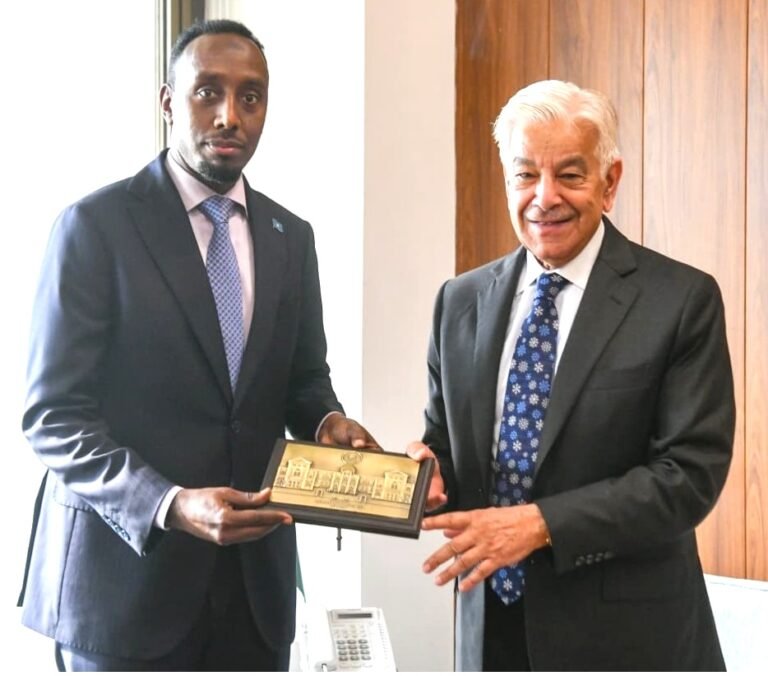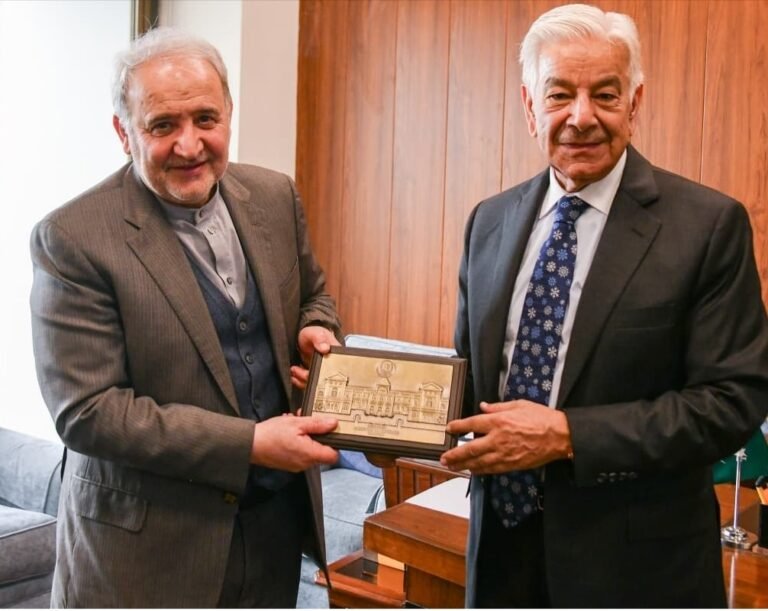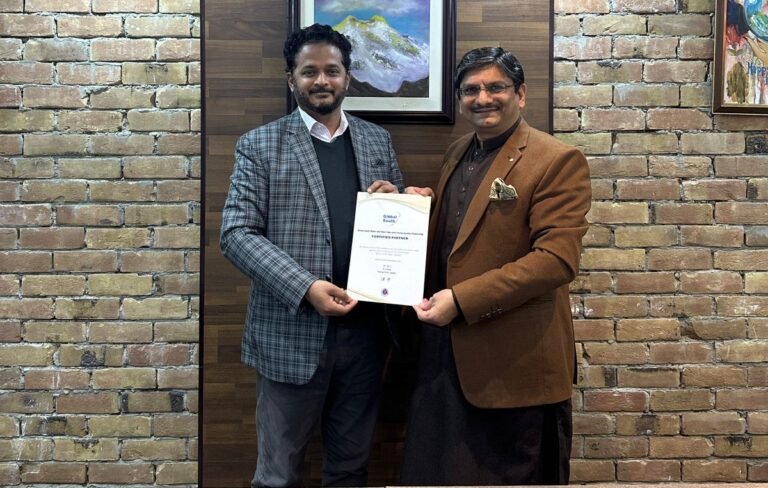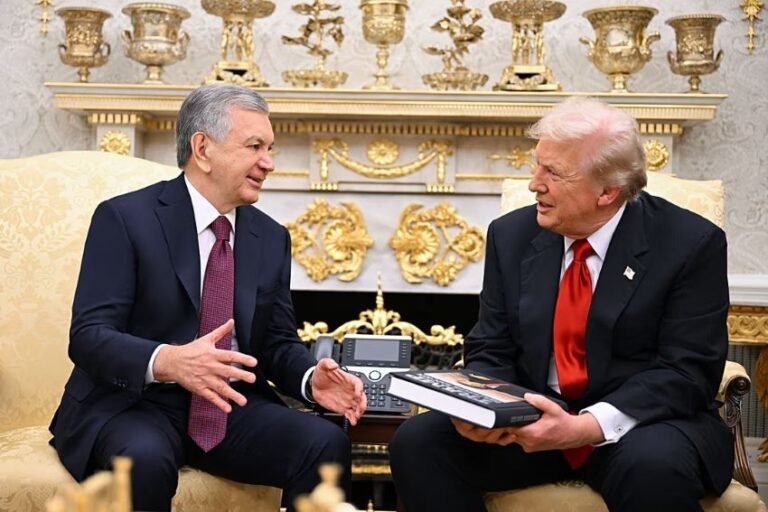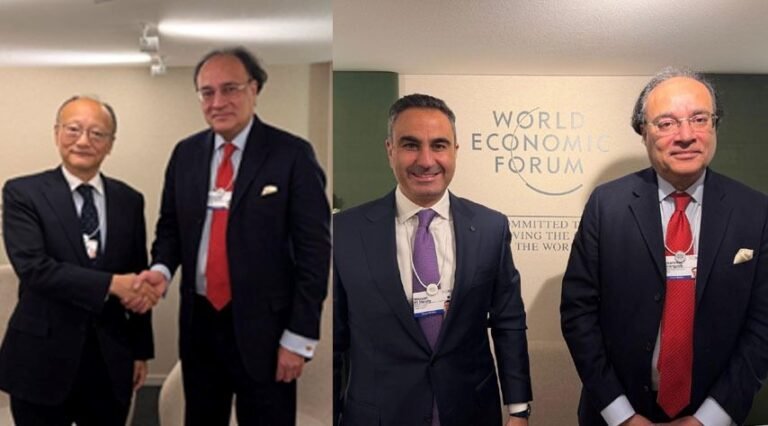Beirut, 11 December 2021 (TDI): The Commissioner-General of the United Nations Relief and Works Agency for Palestine refugees in the Near East (UNRWA), Phillippe Lazzarini, just ended a three-day visit to Lebanon. During his visit, he met with the Lebanese Prime Minister, UNRWA staff, and Palestinian refugees in Burj Barajneh camp. The Representative also stressed the need for financial commitment to preserve UNRWA’s work.
Discussed with PM @Najib_Mikati the hardship & distress among Palestine Refugees in #Lebanon + ways to address tensions between mandate + increased needs & same ressource for the last 10 years. pic.twitter.com/loRC4S2AIi
— Philippe Lazzarini (@UNLazzarini) December 8, 2021
Lazzarini’s visit also included meetings with the Minister of Foreign Affairs, the Director of General Security and the Chair of the Lebanese Palestinian Dialogue Committee, the Palestinian Ambassador, and representatives of Palestinian factions.
In that sense, the Commissioner General’s visit comes amid an unprecedented economic and financial crisis in Lebanon. These events also have a profound impact on Palestine refugees. This population is among the poorest segment of society.
For decades they have faced restrictions on access to the labor market and property ownership.
Palestinian Refugees in Lebanon
More than 479,000 refugees are registered with UNRWA in Lebanon. About 45 percent of them live in the country’s 12 refugee camps. Conditions in the camps are dire and characterized by overcrowding, poor housing conditions, unemployment, poverty, and lack of access to justice.
According to the organization, Palestinians in Lebanon do not enjoy several important rights. Because they are not formally citizens of another state, Palestine refugees are unable to claim the same rights as other foreigners living and working in Lebanon.
The conflict in Syria has forced many Palestine refugees from Syria to flee to Lebanon in search of safety. Most are receiving UNRWA assistance in the country, including cash assistance, education, health care, and protection.
“Today, I am raising the alarm & calling on the international community to ensure adequate support for UNRWA to ensure that those refugees continue receiving much needed assistance & have a dignified life."
— UNRWA (@UNRWA) December 10, 2021
🎙️@UNLazzarinihttps://t.co/4DBKdXRQPN
Commissioner General’s visit to Refugee Camp
At the UNRWA Yarmouk School in the camp, Lazzarini met with representatives of the school parliament, the school parents’ association, and staff. Representatives discussed the difficult conditions and challenges children face to continue their education. Many are dropping out of school as they cannot afford transportation or have to help their families make a living.
“Refugees I met are utterly desperate and struggle to cover their basic needs. I met young graduates whose only hope for a better future is to emigrate. They know the prices of each migration route. I met parents who have nightmares about how they will afford to buy milk and diapers for their children the next day. The social fabric within the community is imploding, divorces are on the rise, as is gender-based violence”.
He also met with NGOs working in the refugee camps.
All shared the concern about the deteriorating situation in the camps and committed to supporting the Agency to sustain all services and alleviate the human suffering in the camps.
Arantza Renteria is a Peruvian third-year student of International Relations with a specialization in cooperation and development.
Her work experience mostly covers Middle Eastern affairs. Her area of expertise is the Levant. Among these countries, Lebanon, Iraq, and Palestine.
She has worked in intercultural governmental and non-governmental work environments, including the Embassy of Palestine in Lima.
Currently, she leads the Middle East and Gulf Research Desk at The Diplomatic Insight.
- This author does not have any more posts.



